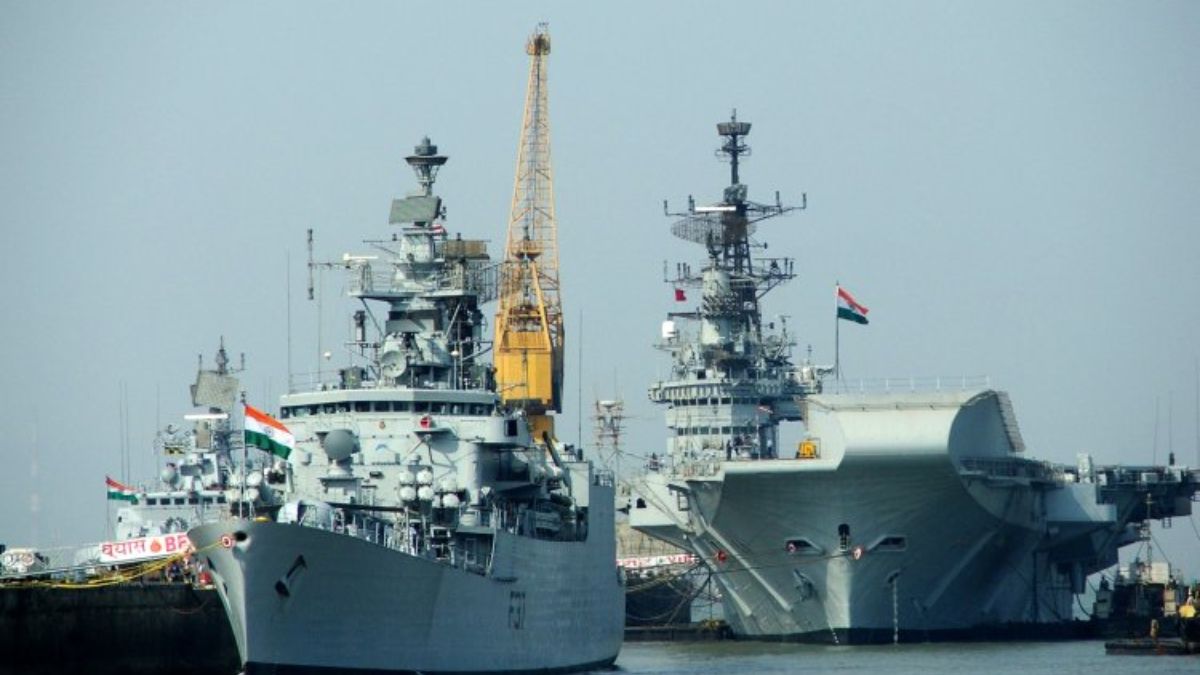The Red Sea and the Gulf of Guinea have emerged as major hotspots for maritime security threats, with piracy, armed robbery, and other criminal activities posing significant challenges to international shipping. These strategic waterways, critical for global trade, are increasingly becoming zones of vulnerability, sparking concerns among shipping lines, security agencies, and governments.
In the Red Sea, a vital maritime route connecting the Mediterranean Sea to the Indian Ocean via the Suez Canal, recent incidents of piracy and armed attacks on vessels have escalated. The political instability in Yemen and ongoing regional conflicts have further compounded the risks, making the area one of the most dangerous for commercial shipping. International navies and maritime forces have stepped up patrols in the region, but the persistent threat continues to disrupt trade flows and raise insurance premiums for vessels transiting the area.
The Gulf of Guinea, along the West African coast, has become notorious for piracy, accounting for over 95% of global kidnappings at sea in recent years. The region’s rich oil reserves and high-volume trade routes make it a lucrative target for criminal groups. This has led to disruptions in global oil supplies and other key commodities, impacting markets and supply chains worldwide.
The growing threats in both regions have prompted calls for stronger international cooperation, improved security frameworks, and investment in maritime surveillance technologies.
The International Maritime Organization (IMO) has been working with member states to develop and implement comprehensive maritime security strategies. In the Gulf of Guinea, the Yaoundé Architecture, an agreement among West and Central African states, aims to strengthen regional cooperation and coordination in combating maritime crime. Joint naval patrols and intelligence-sharing initiatives have been established to improve response times and effectiveness in countering piracy and armed attacks.
The instability in these regions not only jeopardizes the safety of international shipping but also has broader implications for global supply chains and economic stability.

